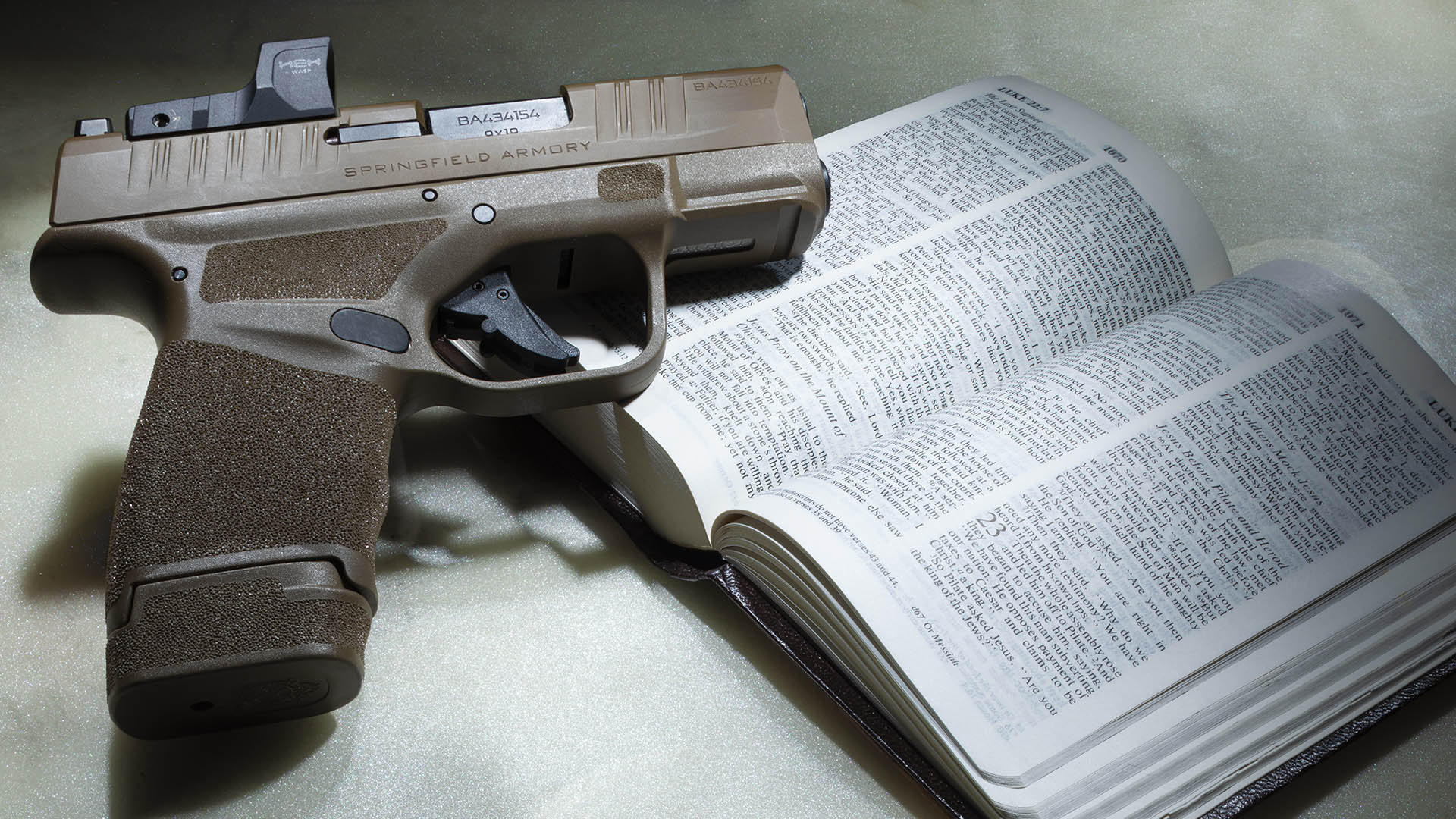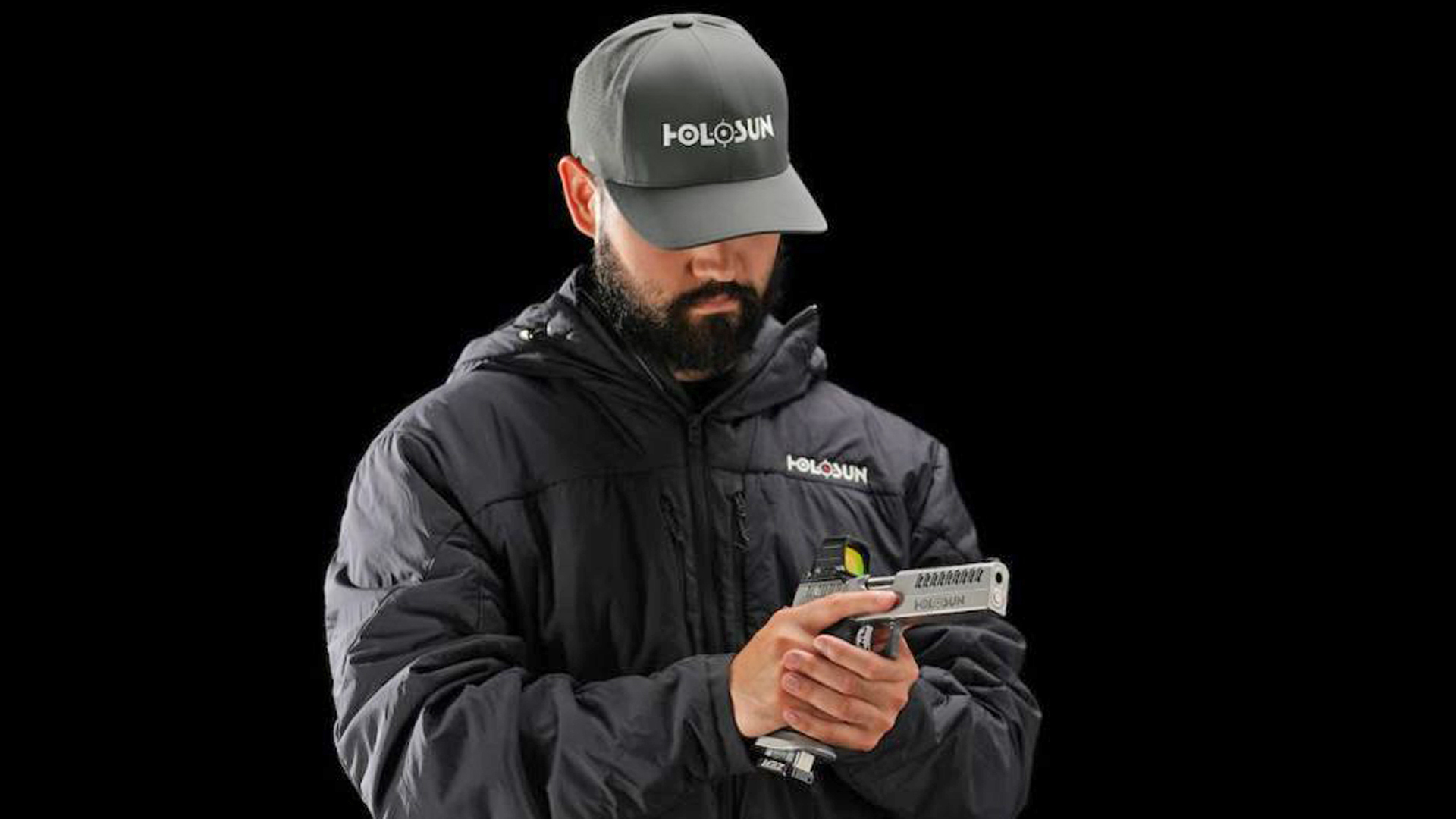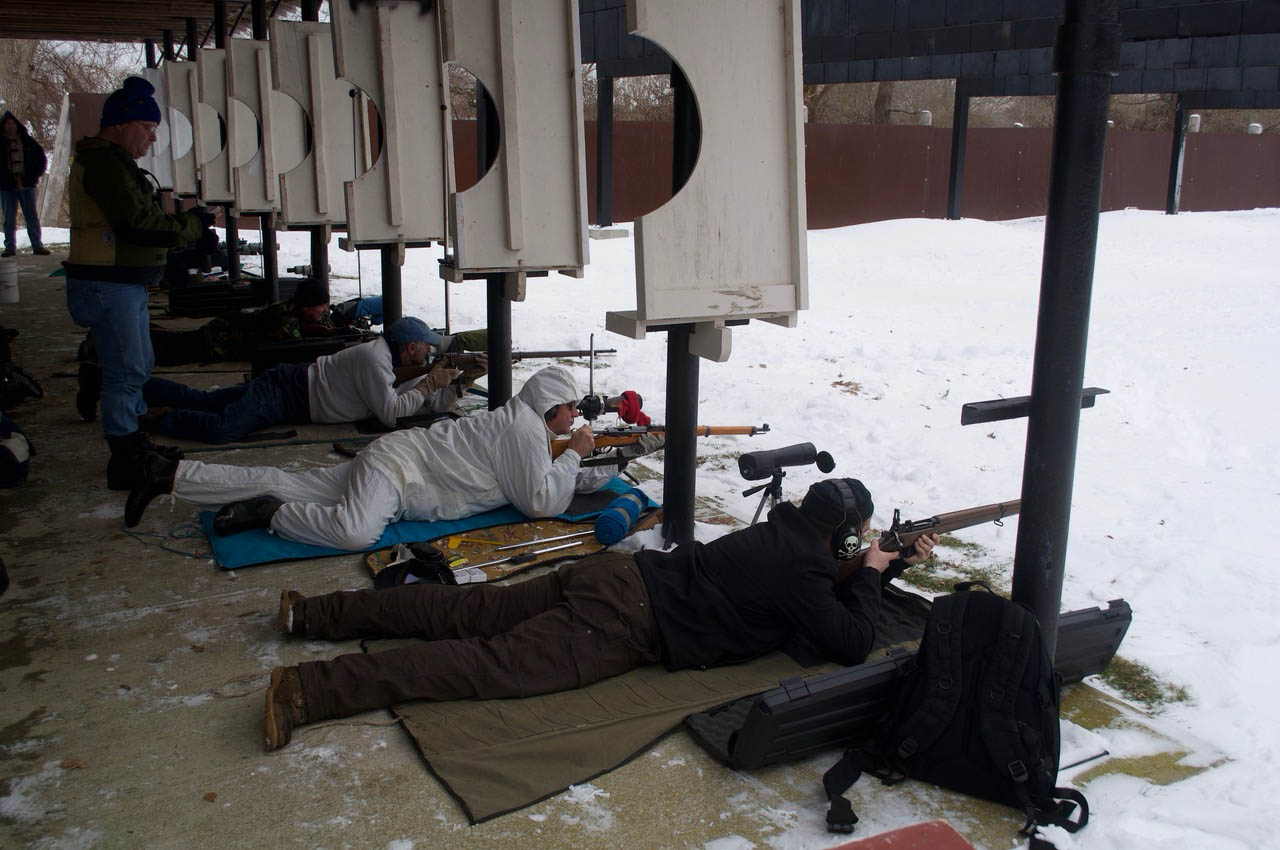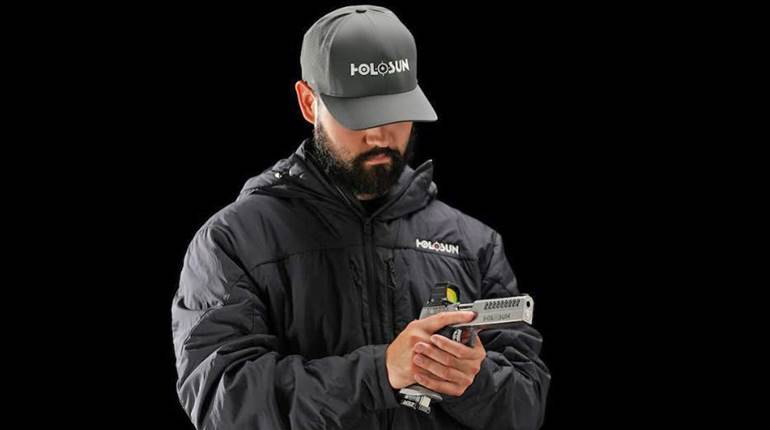
It’s no secret more places of worship are employing armed security measures than ever before. Acquiring figures that demonstrate the trend is a challenge, although results of a Lifeway Research survey—released June 6—indicate the number of Protestant churches that enlist armed members of their congregation as part of their preparedness has increased by 9 percent in the past three years. In addition, those enforcing a “no guns allowed” in a place of worship policy declined by 6 percent during the same period.
Of those churches surveyed with more than 250 members, 74 percent enlisted the aid of armed attendees—nearly three out of every four. The overall average dropped 54 percent when calculations included smaller congregations. Overall, 20 percent of Protestant churches have engaged the services of armed private security, and another 5 percent ensure law enforcement personnel are present during services.
The study, which contacted 1,000 pastors in September 2022, come in at a sampling error of roughly 3 percent and 95 percent confidence factor. Including all mainline churches associated with the Protestant denomination, some estimates place the number of U.S. citizens affiliated with the faith at 140 million.
Figures for other faiths are scarce, although a PBS study released in 2019 indicated that, even back then, 54 percent of synagogues and 28 percent of mosques enhanced security with armed members or paid professionals. The same survey put Protestants at 28 percent.
The federal government addressed the situation in December 2020 when the Department of Homeland Security published a “Mitigating Attacks on Houses of Worship Security Guide.” It covers defensive procedures against a variety of culprits, including hackers, but armed staff response scarcely earns a footnote, even in cited incidents.
Full Armor Church Safety Solutions, founded by law enforcement officer and ordained minister Dwayne Harris, takes a different approach. It offers a variety of services to churches, including instructional materials, consultation, training, background screening and more. As Harris explains on the firm’s website, “I believe the role of security within the church is a spiritual function—one with many physical applications. Much like our responsibility to guard our hearts and minds from the enemies’ attacks, we must also guard the church against the enemies’ schemes to disrupt and hinder its effective work.”
Scott McConnell, executive director of Lifeway Research explained the exposure differently in an interview with Christianity Today after releasing the survey results this month. “While loving one another is a core Christian teaching, churchgoers still sin, and non-churchgoers are invited and welcomed,” he said. “So real security risks exist whether a congregation wants to acknowledge them or not.”




































